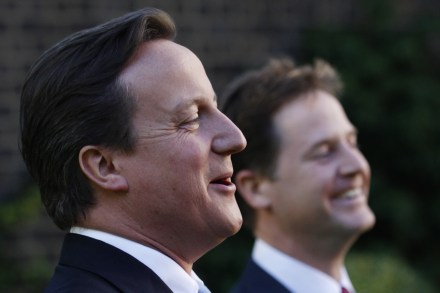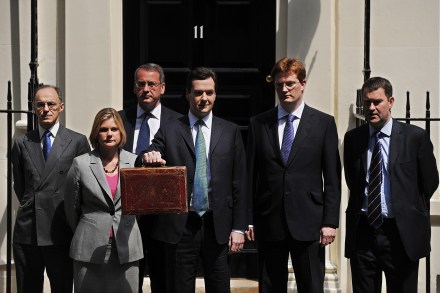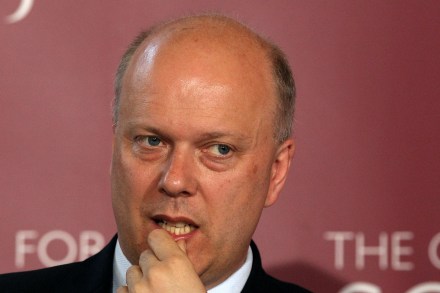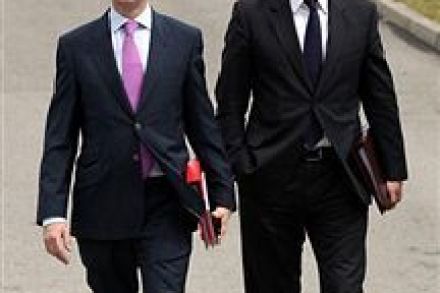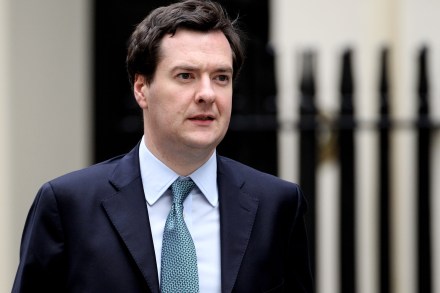A sensible policy change
Tucked away in Nick Clegg’s statement confirming that the referendum on AV was going to be on the 5th of May next year, was the abandonment of the controversial 55 percent rule for a dissolution of parliament. This has been replaced by a far more sensible arrangement. If the government cannot win a confidence vote, there’ll then be 14 days for one that can command the confidence of the House to be formed. If that does not happen, then there’ll be an election. However, if a government wants to dissolve parliament then it’ll require a two thirds majority. But it is still unclear how this rule could be made to




